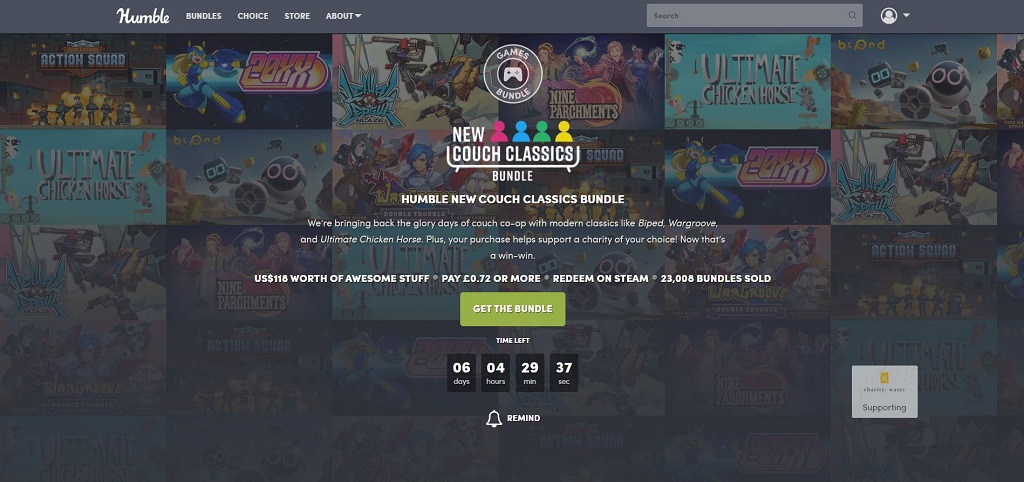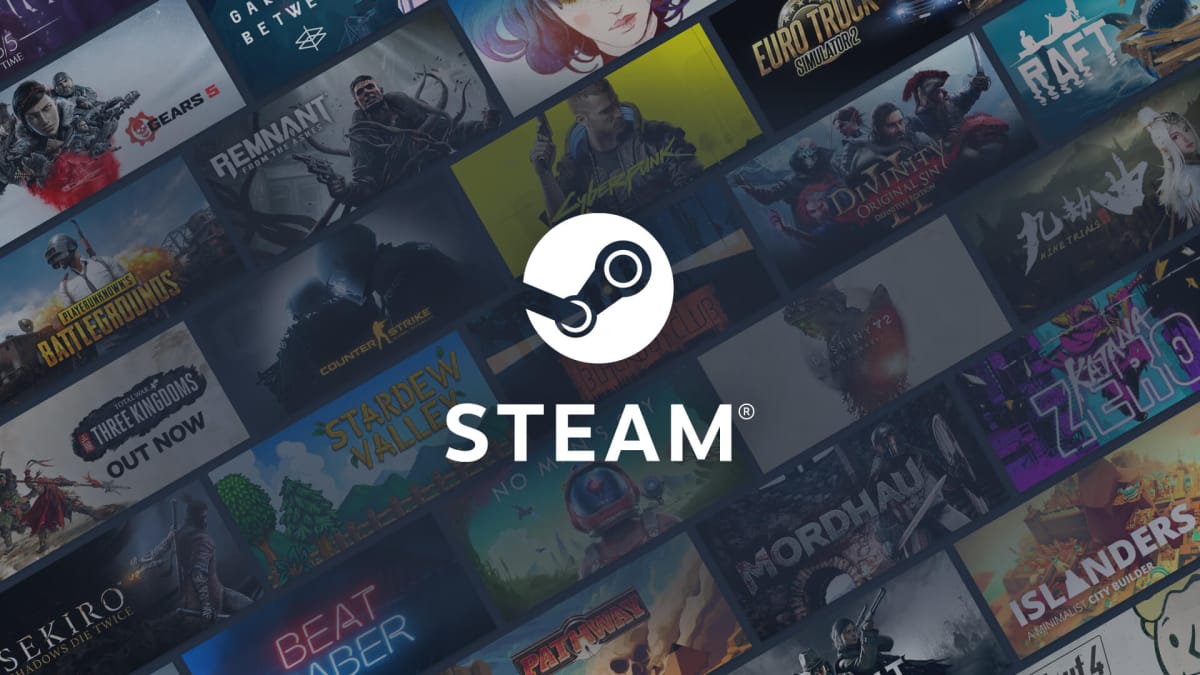Original Humble Bundle creator Wolffire Games is bringing an anti-trust lawsuit against Valve. The suit claims Valve illegally monopolizes the PC gaming landscape and that the 30% cut Valve takes on Steam games is stifling developers.
What is this Wolffire Games Valve anti-trust suit about?
In the suit, Wolffire says that publishers need access to Steam in order to sell their games, but that Valve places a prohibitive 30% commission on all games approved for Steam release. The studio claims this suppresses "competition, output, and innovation" in ways that "can never be fully redressed by damages alone". In addition, Wolffire says gamers are also harmed by this practice, because publishers must charge more for their games to soak up the 30% commission hit, thus putting the cost on gamers themselves.

Wolffire is also taking issue with the way Valve allows Steam keys to be sold elsewhere. The team says Valve mandates that most Steam keys are sold directly through the Steam Store itself, and "blocks or threatens" publishers who try to sell Steam keys on non-Steam platforms. Wolffire says that even for those keys sold via other platforms, Valve "imposes punitive contractual restrictions" that means these sales don't constitute meaningful competition. In summary, Wolffire thinks Valve's perceived monopoly over the PC gaming market is unfair, and wants to punish the Bellevue gaming giant for its high commission rates.
What's the background for this lawsuit?
Wolffire isn't the only studio taking up arms against these commission rates. Earlier today, Microsoft announced its intention to increase Microsoft Store revenue share for developers from 70% to 88%. This puts it in line with the Epic Games Store, which also covers engine royalties if developers use the Unreal Engine to create their games. Indeed, Tim Sweeney has said that the Epic Games Store was created in part to compete with Steam's 30% commission. The Google Play Store and Apple Store both take just 15% of a developer's first $1 million generated per year, although in Apple's case, the cut increases to 30% if sales top $1 million, including retroactively. Google's cut increases to 30% on sales over the first million.

As you might expect, the 30% Steam commission isn't particularly popular with the industry either. A GDC 2021 State of the Industry survey revealed that just 3% of developer respondents believe the 30% commission is justified. That's down from 7% last year, too, so it looks like Valve's commission rate is looking less and less appealing to developers and publishers as time goes on.
We'll have to wait and see how Valve responds to this suit, or if it changes its business practices as a result of increasing animosity towards these rates. It's worth noting here that Steam does allow developers to take 75% of revenue if game sales generate $10 million, with that percentage increasing to 80% if revenue exceeds $10 million. However, even that doesn't match Epic and Microsoft's default cut of 88%, and is only applicable for large developers, or major successes who already are highly profitable. Many will be hoping Valve changes its ways and gives developers a bigger piece of the pie. We'll bring you more as soon as we get it.
How do you feel about Wolffire's lawsuit? Do you think Valve's 30% cut is justified? Let us know in the comments below!







